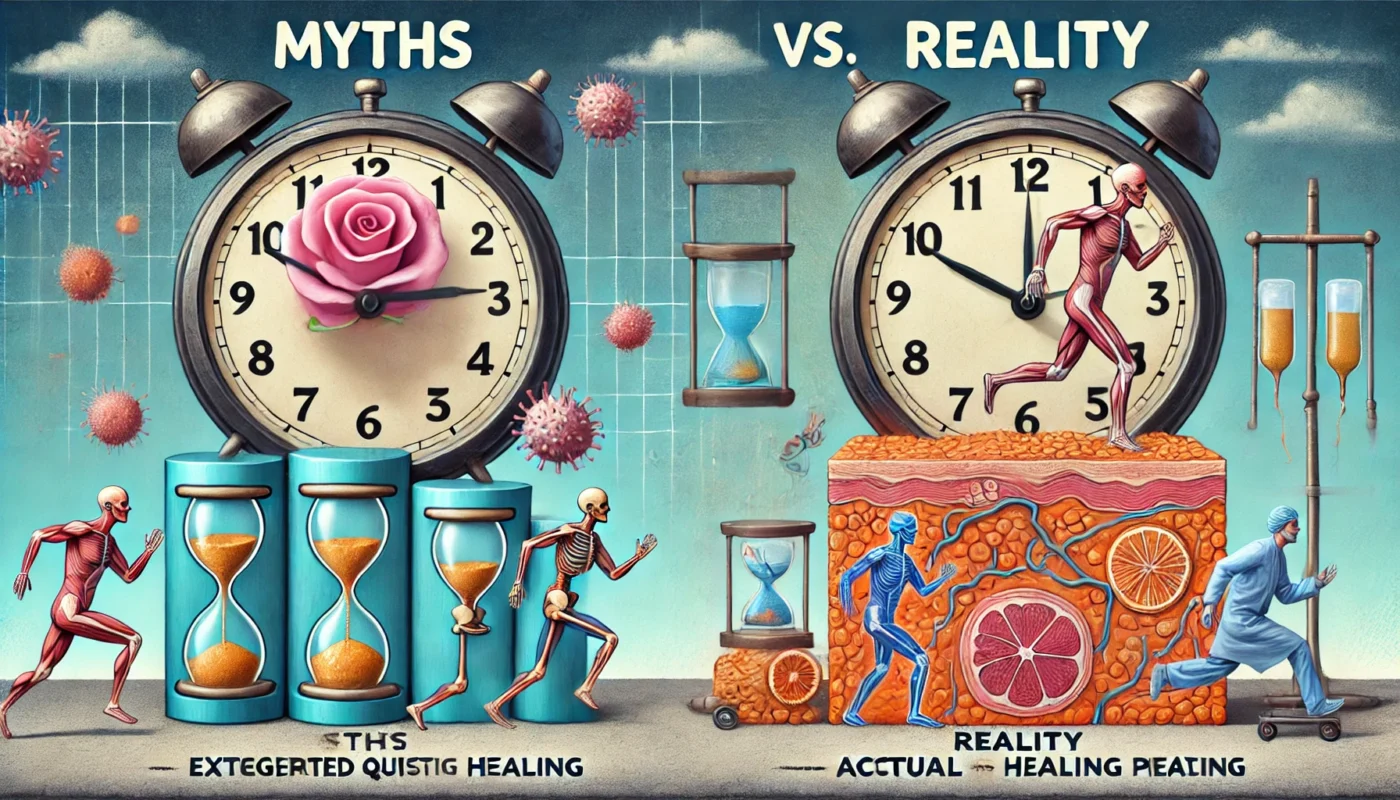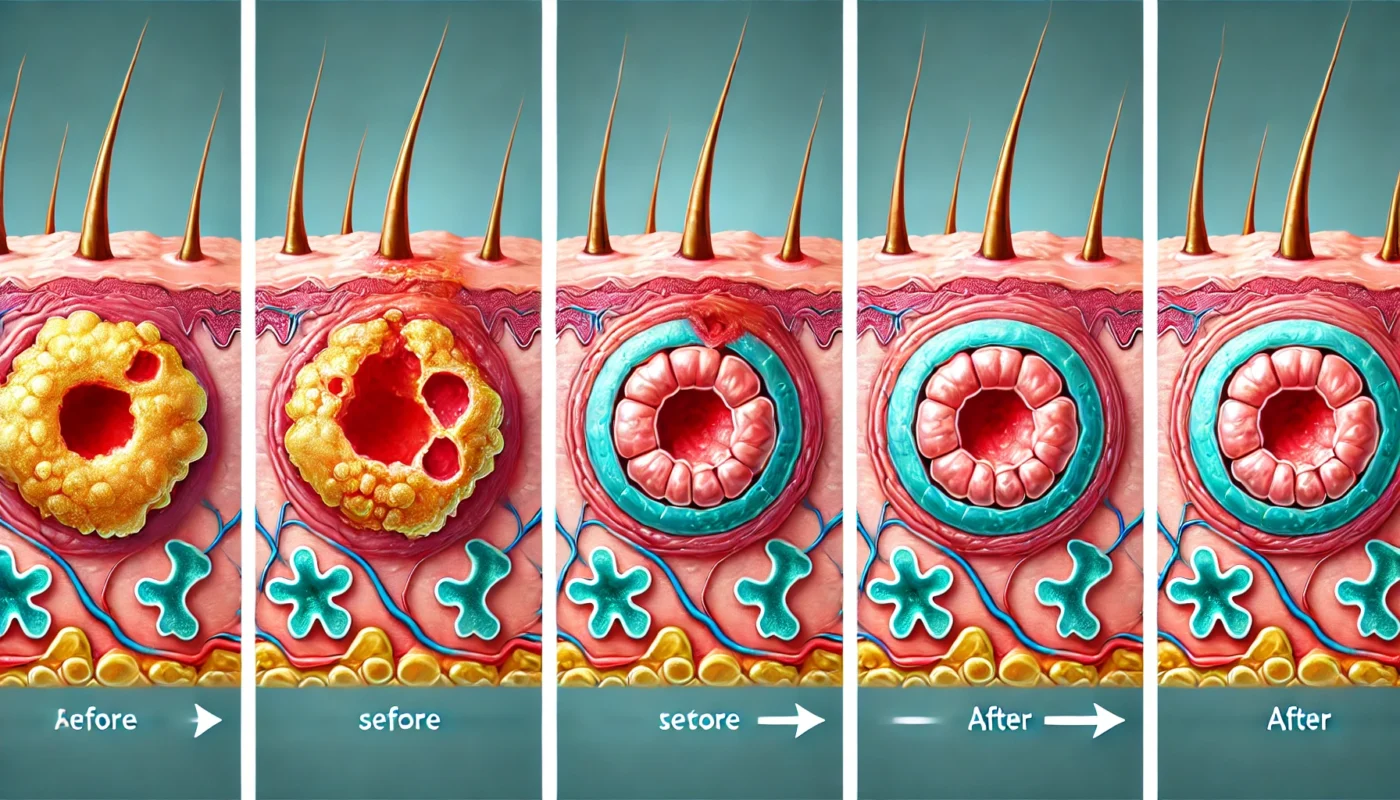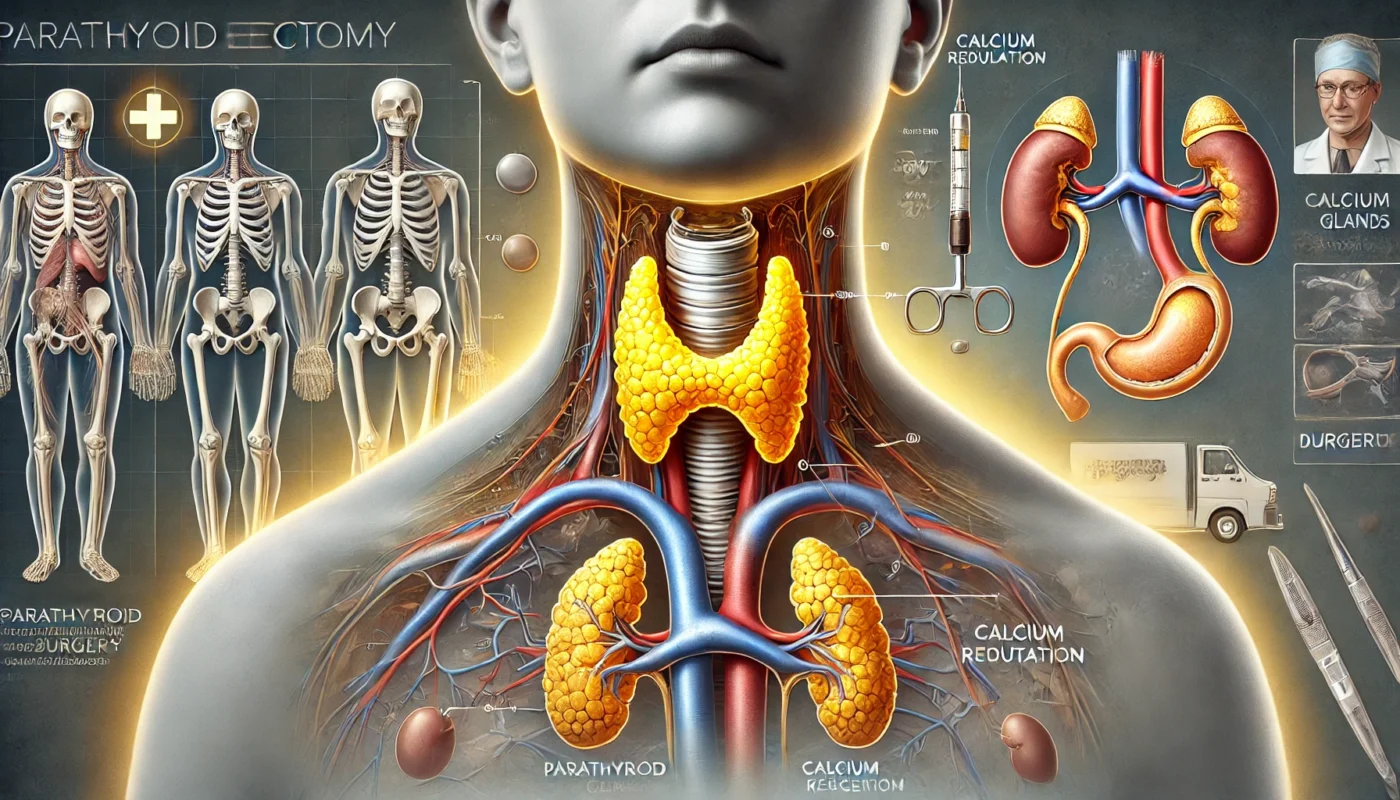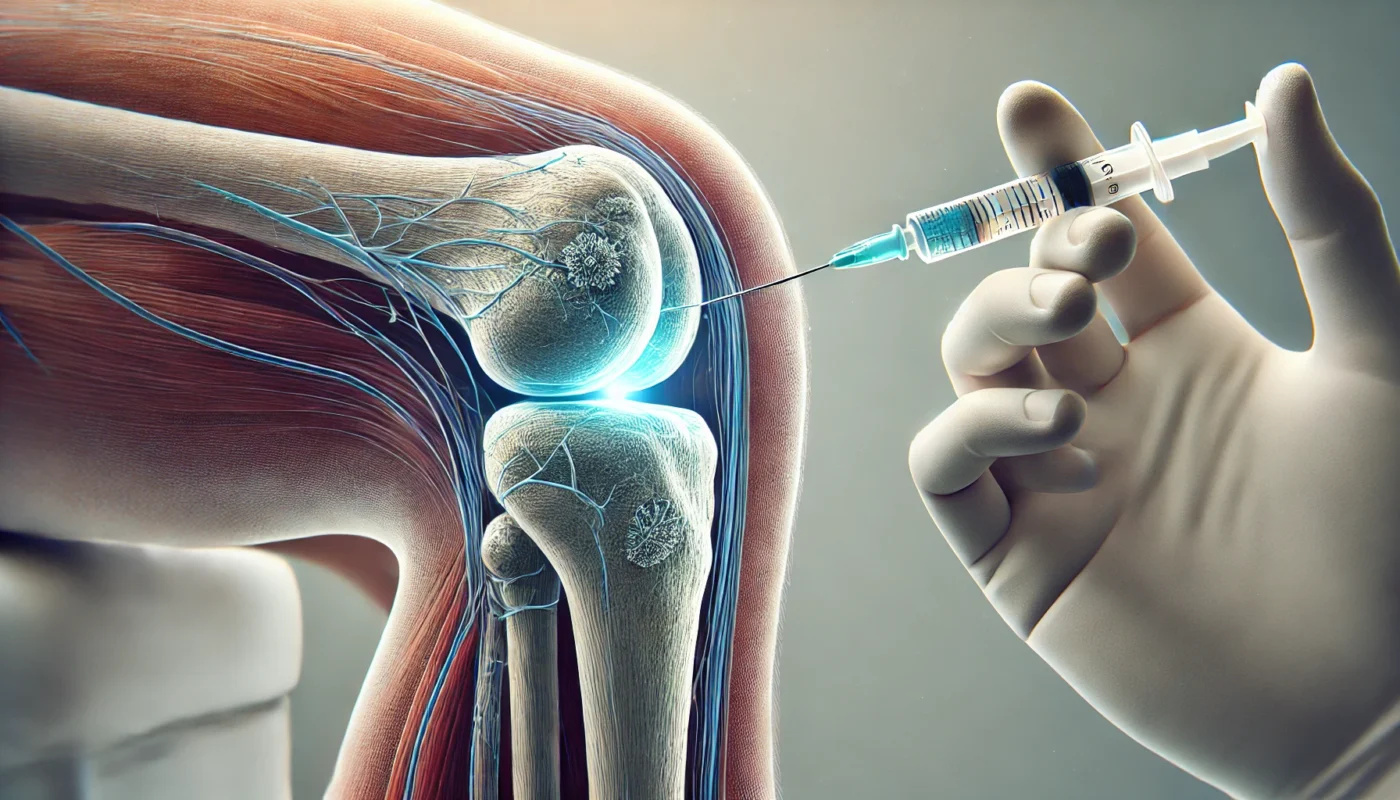Pain management can be a complex subject, especially when it involves medications like hydrocodone and hydromorphone. These opioids are crucial in managing severe pain, yet they often bring confusion due to their similarities and differences. This article aims to demystify these medications, offering a comprehensive guide on their usage, differences, and implications for health and wellness.
Tag Archives: Complementary Therapies
In the realm of health and wellness, understanding tissue healing times is crucial for anyone looking to optimize their recovery and well-being. However, myths and misconceptions often cloud this topic, leading to misunderstandings about how the healing process truly works.
For fitness enthusiasts and health-conscious individuals, debunking these myths can provide valuable insights into efficient recovery strategies. This article delves into prevalent myths about tissue healing times, supported by scientific insights and practical advice, to empower you in your wellness journey.
An abscess is essentially a pocket of pus that forms due to an infection. The human body’s response to infection involves sending white blood cells to the affected area, leading to inflammation and the accumulation of pus. This natural defense mechanism aims to isolate the infection and prevent it from spreading.
When it comes to managing pain, many individuals instinctively reach for over-the-counter medications like Tylenol. However, if you’re exploring herbal remedies as effective Tylenol alternatives, you’re tapping into a world of natural solutions that have been used for centuries. These alternatives can offer relief without the side effects often associated with conventional painkillers. In this article, we delve into some potent herbal remedies that can serve as effective alternatives to Tylenol for managing various types of pain.
n today’s fast-paced world, where ailments and injuries are often managed with over-the-counter medications, understanding the implications of exceeding painkiller dosages is crucial. Painkillers, or analgesics, are indispensable for managing pain, but they also come with risks when not used responsibly. This article delves into the dangers of surpassing recommended dosages, offering insights for fitness enthusiasts, health enthusiasts, and medical patients alike.
Acupuncture, rooted in traditional Chinese medicine, is increasingly recognized as a significant component of holistic cancer treatment. As an ancient modality, it involves inserting thin needles into specific points on the body to balance energy flow and promote healing. In recent years, acupuncture has gained recognition as a complementary therapy in cancer care. This article aims to delve into the benefits of acupuncture for cancer patients, examining scientific research, practical applications, and how it fits into holistic cancer treatment plans.
Parathyroidectomy is a surgical procedure performed to remove one or more of the parathyroid glands, which are located in the neck near the thyroid gland. This surgery is commonly required to treat hyperparathyroidism, a condition where overactive parathyroid glands produce excessive amounts of parathyroid hormone (PTH), leading to imbalances in calcium levels. While this procedure […]
Knee arthritis is a common ailment that can significantly impact quality of life. It’s a condition that can cause pain, stiffness, and reduced mobility.
But what if there were innovative treatments that could provide the best relief for arthritis in the knee?
This article aims to shed light on these treatments. We’ll delve into the latest scientific research and provide practical strategies for managing knee arthritis.
We’ll explore conventional treatments, such as NSAIDs and physical therapy. We’ll also discuss dietary strategies and supplements that can support joint health.
In addition, we’ll examine innovative non-surgical interventions. These include hyaluronic acid injections, corticosteroid injections, and even stem cell therapies.
We’ll also look at alternative and complementary therapies. These include acupuncture, mindfulness, yoga, and thermal therapies.
By the end of this article, you’ll have a comprehensive understanding of the various approaches to managing knee arthritis. You’ll be equipped with the knowledge to make informed decisions about your health.
Let’s dive in and explore these innovative treatments for knee arthritis management.
Hypertension, or high blood pressure, is one of the most common chronic health conditions globally, affecting nearly half of all adults. It is a leading risk factor for cardiovascular disease, stroke, and kidney failure, making its management a priority for millions. While medications and lifestyle changes like diet and exercise are well-documented interventions, alternative approaches such as mindfulness and meditation have gained increasing attention as tools for lowering blood pressure. This article critically reviews the science behind meditation and its role in hypertension management, exploring the evidence, mechanisms, and practical implications for integrating meditation into a comprehensive treatment plan.
Hypertension, or high blood pressure, is one of the most prevalent chronic health conditions worldwide, affecting nearly half of the adult population. A leading contributor to cardiovascular disease, stroke, and kidney failure, hypertension is often exacerbated by stress and poor lifestyle choices. While medications and physical activity are commonly prescribed to manage high blood pressure, emerging research highlights the potential of mindfulness practices, including journaling, as a complementary approach to reduce stress, lower your blood pressure, and improve overall health. This article delves into the science behind journaling and its potential impact on blood pressure, exploring how self-reflection can become a valuable tool in hypertension management.










